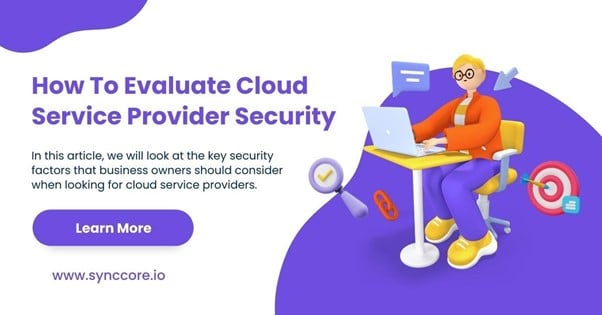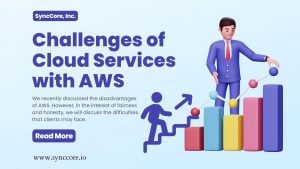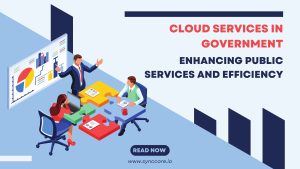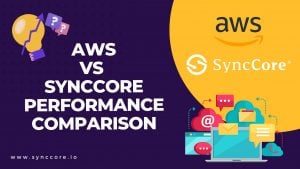How To Evaluate Cloud Service Provider Security: The adoption of public clouds has been rapidly increasing over the last decade. Businesses across all industries are shifting some or all of their infrastructure to the cloud. According to Gartner, global end-user spending on Public Cloud will reach nearly $600 billion by 2023.
However, as businesses adopt public cloud services, security challenges arise due to a lack of cloud expertise, insufficient staff to manage cloud environments, etc. This is where cloud service providers come into play.
To ensure business continuity, cost management, and seamless management of the remote workforce, public cloud service providers conduct regular audits, hire cloud experts, implement disaster recovery policies, and so on.
Nonetheless, numerous cloud service providers are on the market, and selecting the incorrect one can result in data breaches and outages. As a result, before choosing the right cloud service provider, business owners must first understand cloud security.
This article will look at the key security factors that business owners should consider when looking for cloud service providers.
Table of Contents
How To Evaluate Cloud Service Provider Security

What is a Cloud Service Provider?
First, let us define what a cloud service provider is. They are a third-party company that owns data centers and uses them to provide services such as Public Cloud, Managed Private Clouds, Virtual Desktop Infrastructure, Desktop as a Service, Infrastructure as a Service, Managed Security Services, and so on. Cloud service providers frequently charge by subscription, monthly usage, or pay-per-use.
The cloud service provider is responsible for ensuring that data is seamlessly transferred from physical storage to cloud servers. They are also in charge of the security of the data stored on their servers.
How to Assess the Security of CSP
Because all critical business information is stored on cloud servers, business owners must select a cloud service provider who ensures complete data security.
Here is a checklist to help you evaluate a service provider’s security.
Check Authentication and Identity Controls
The migration of information to the cloud introduces access risks because, rather than having on-premise access to the data, employees can access it from anywhere in the world.
To avoid misuse, ensure that the service provider provides multi-factor authentication (MFA), real-time identity monitoring, and CIFA to keep a close eye on the environment’s identities.
SALE
SLA refers to the agreement between the cloud provider and the organization. The SLA specifies the level of service that will be provided to customers.
It also includes security features such as dependability, governance, maintenance and support, shared responsibilities, and data auditing.
Internal Management Resources
When migrating workloads to the cloud, you cannot simply put them there and forget about them. An in-depth understanding of the resources being used is required, as is full awareness of the measures to be taken in the event of a threat to the cloud environment.
Data Center/Storage Locations
The classification of data is critical when migrating workloads to the cloud. Simply put, the security and protection needed for your data must be thoroughly examined.
This will help you determine whether the cloud environment meets your work and data requirements.
Uptime and Performance
Cloud providers, like any other business, can experience outages and downtimes from time to time, directly impacting their clientele. Examine the provider’s performance and uptime metrics, and do not forget to check their resolution time.
Backup & Data Recovery Process
Failures and outages are unavoidable; therefore, a robust backup and disaster recovery process is required to protect cloud assets. Ascertain that your public cloud provider has the necessary procedures to retrieve and process the data.
Migration Services and Support
The transition from on-premise infrastructure to cloud environments is a significant one. Having in-house resources to manage cloud challenges can lead to more severe issues. Thus, make sure that your provider also provides migration services and support.
Conclusion
Though migrating to the cloud has many benefits for businesses, security can become a significant concern if security is not considered when selecting a provider.
To avoid a breach or outage, a cloud service provider should be carefully selected, considering all of the security factors mentioned above.
You can check our services or contact us if you are looking for a cloud service provider.



